Ingredient Safety Information
Important Disclaimer
The ingredient list and peer-reviewed studies referenced on this page suggest various properties of these ingredients, including potential anti-inflammatory effects. However, not all of these claims have been evaluated by the FDA. This information is provided solely for transparency about the contents of our products.
The studies presented here explain why we chose these ingredients and demonstrate that they are considered safe for topical use as directed. These references do not constitute claims that our products provide any benefits beyond the known benefits these ingredients provide as everyday common components of lotions, creams, and topical formulations available in stores throughout the United States.
Our products are topical formulations and are not intended to diagnose, treat, cure, or prevent any disease.
Each ingredient in GritNGlide is safe for topical use at the concentrations in our formulation. Here's a breakdown of their safety profiles and common uses, with MSDS links where available.
Shea Butter (Butyrospermum parkii)

- Safety: Known anti-inflammatory properties according to research1,2; a gentle, non-irritating emollient that hydrates and soothes the skin. Safe for all skin types, including dry or sensitive skin.
- Common Use: Widely used in creams and balms for its moisturizing and skin-softening benefits.
- Why We Chose It: Studies showing anti-inflammatory effects through inhibition of iNOS, COX-2, and cytokines via the Nf-κB pathway.
- MSDS: Shea Butter MSDS - New Directions Aromatics
Cocoa Butter (Theobroma cocoa)
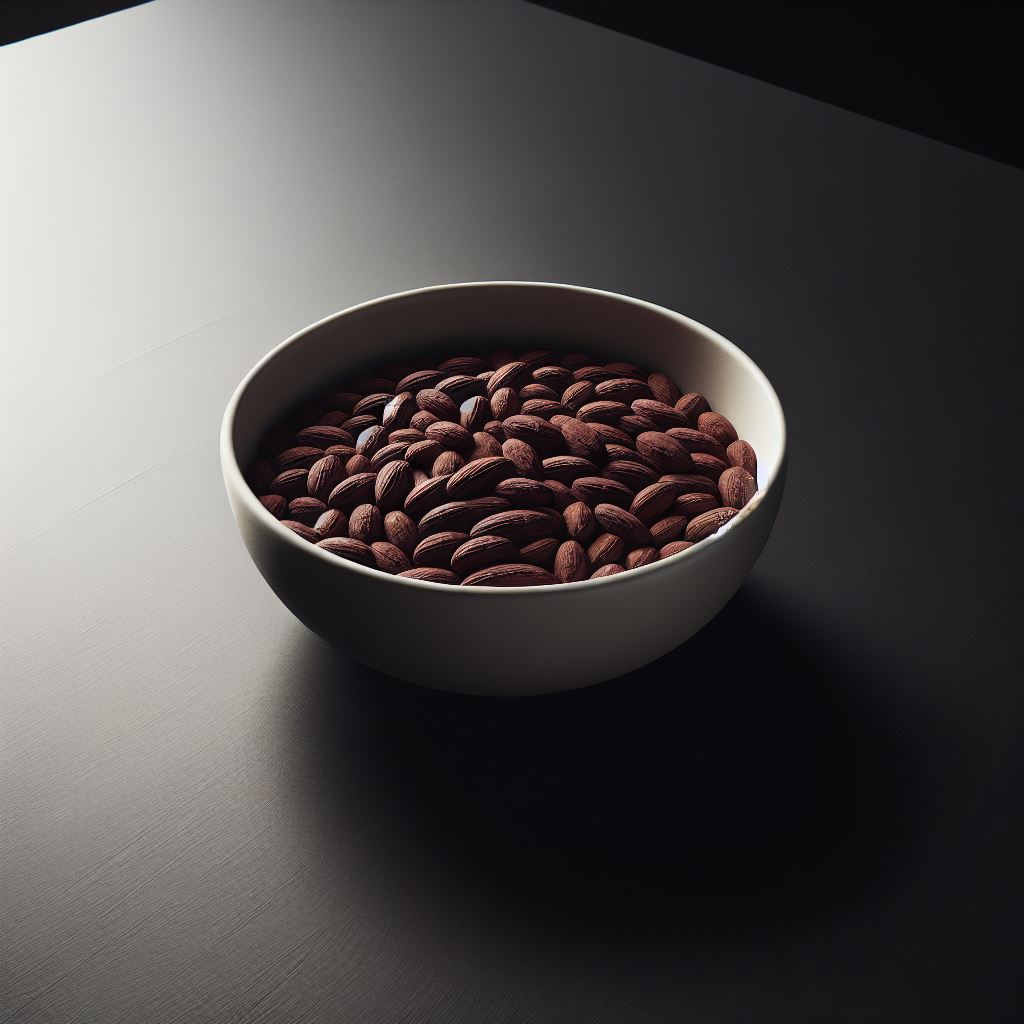
- Safety: Known anti-inflammatory properties per research3,4,5,6; A safe, non-sensitizing moisturizer that nourishes and protects the skin.
- Common Use: A staple in skincare products like lotions and lip balms for its rich, conditioning properties.
- Why We Chose It: Multiple studies demonstrate anti-inflammatory effects and pain-reducing properties.
- MSDS: Cocoa Butter MSDS - MakingCosmetics
Coconut Oil (Cocos nucifera)
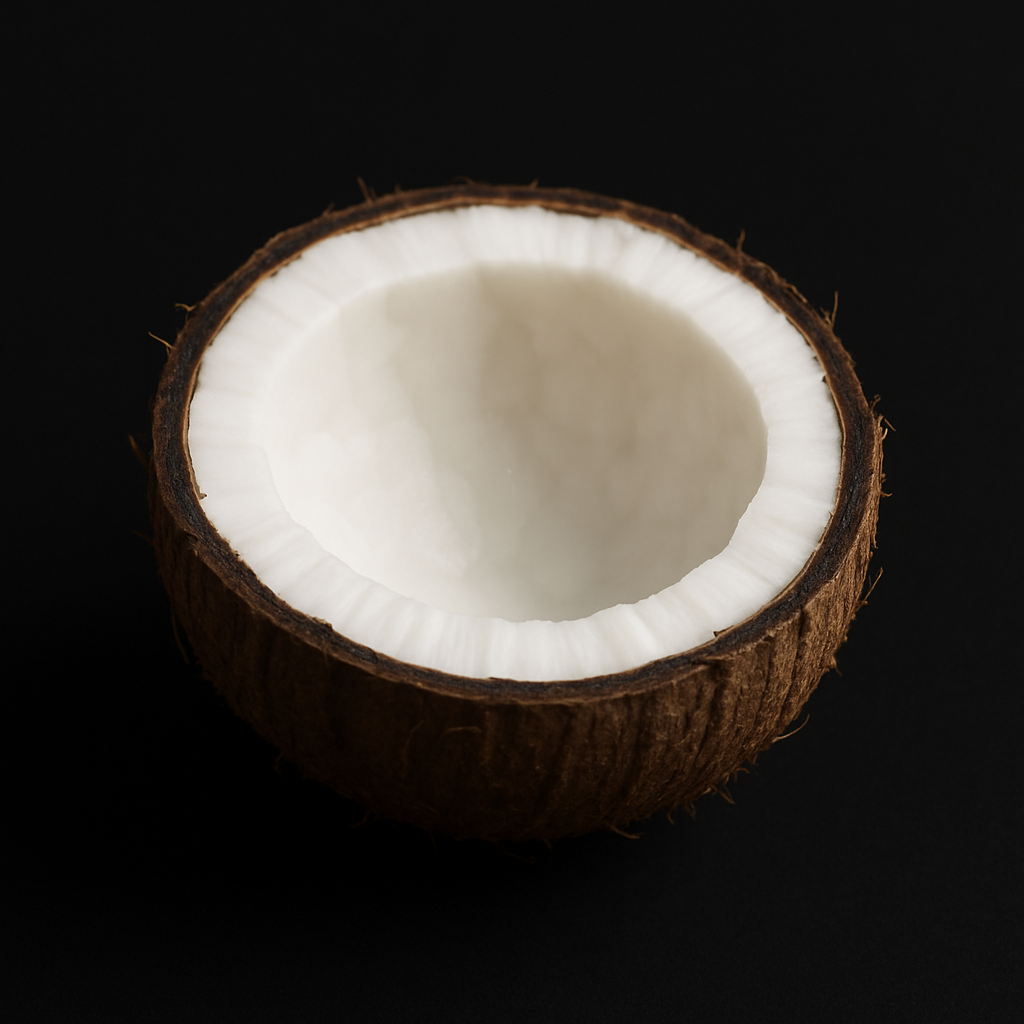
- Safety: Known anti-inflammatory properties documented in multiple studies7,8,9,10,11,12,13,14; Hydrating and safe for topical use on healthy skin, with mild antimicrobial properties. May be comedogenic for some individuals.
- Common Use: Popular in skincare for its ability to lock in moisture and soften skin.
- Why We Chose It: Research shows it alleviates oxidative stress-mediated inflammatory responses via regulation of the MAPK pathway.
- MSDS: Coconut Oil MSDS - Bulk Apothecary
Beeswax

- Safety: Known anti-microbial and anti-inflammatory properties15,16,17,18,19,20,21,22; Non-irritating and forms a protective barrier on the skin, making it safe for topical use.
- Common Use: Commonly used in balms and salves to thicken formulations and shield skin from environmental damage.
- Why We Chose It: Studies show anti-inflammatory activity of D-002 isolated from beeswax, along with antimicrobial properties.
- MSDS: Beeswax MSDS - From Nature With Love
Jojoba Oil (Simmondsia chinensis)
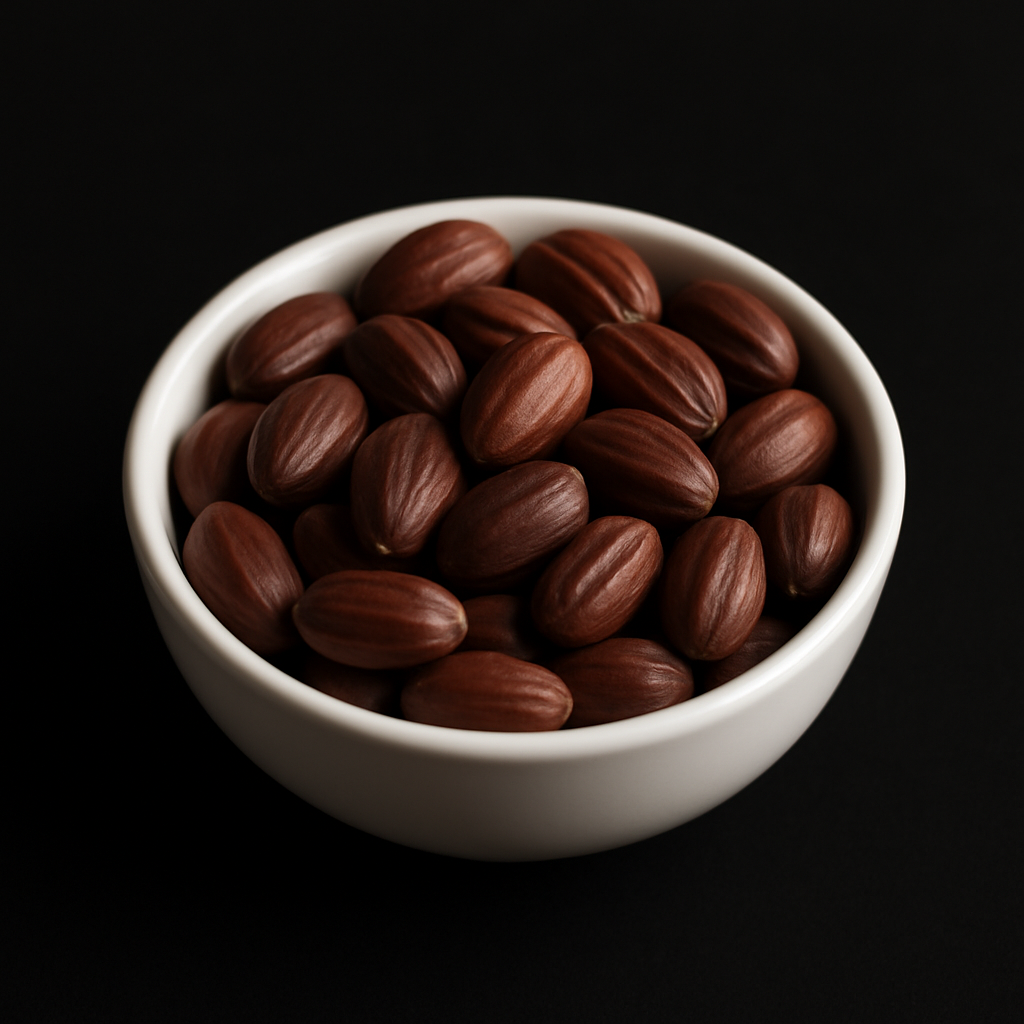
- Safety: Known anti-inflammatory properties23,24,25,26; Non-comedogenic, closely resembling the skin's natural sebum, and safe for all skin types.
- Common Use: Used in skincare to balance oil production and provide lightweight hydration.
- Why We Chose It: Research demonstrates anti-inflammatory effects and reduction of inflammation in skin models.
- MSDS: Jojoba Oil MSDS - New Directions Aromatics
Olive Oil (Olea europaea)
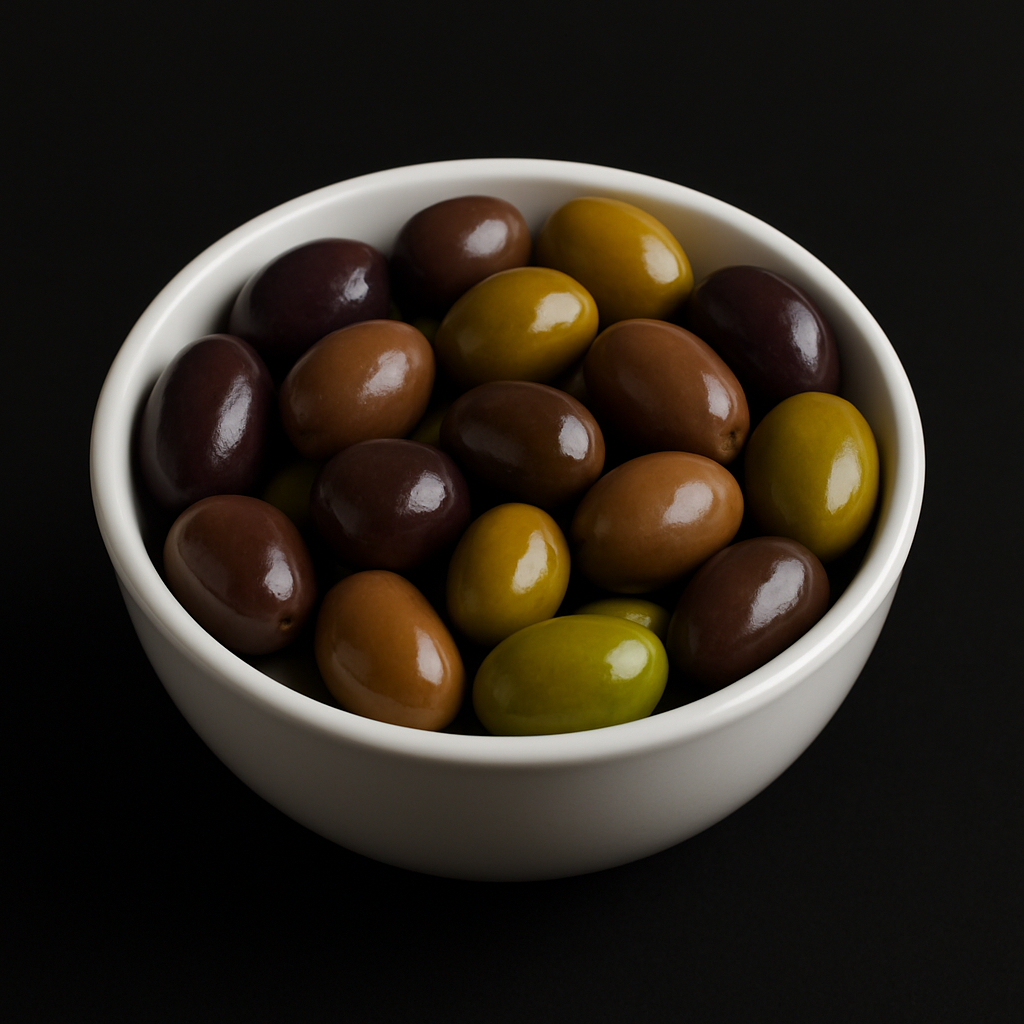
- Safety: Known anti-inflammatory properties27,28,29,30,31,32,33; A safe, hydrating oil rich in antioxidants, suitable for healthy skin.
- Common Use: Found in cosmetics for its emollient and nourishing qualities.
- Why We Chose It: Rich in polyphenols with documented anti-inflammatory benefits; oleocanthal compound shows similar mechanisms to ibuprofen.
- MSDS: Olive Oil MSDS - Sigma-Aldrich
Vitamin E (Tocopherol)
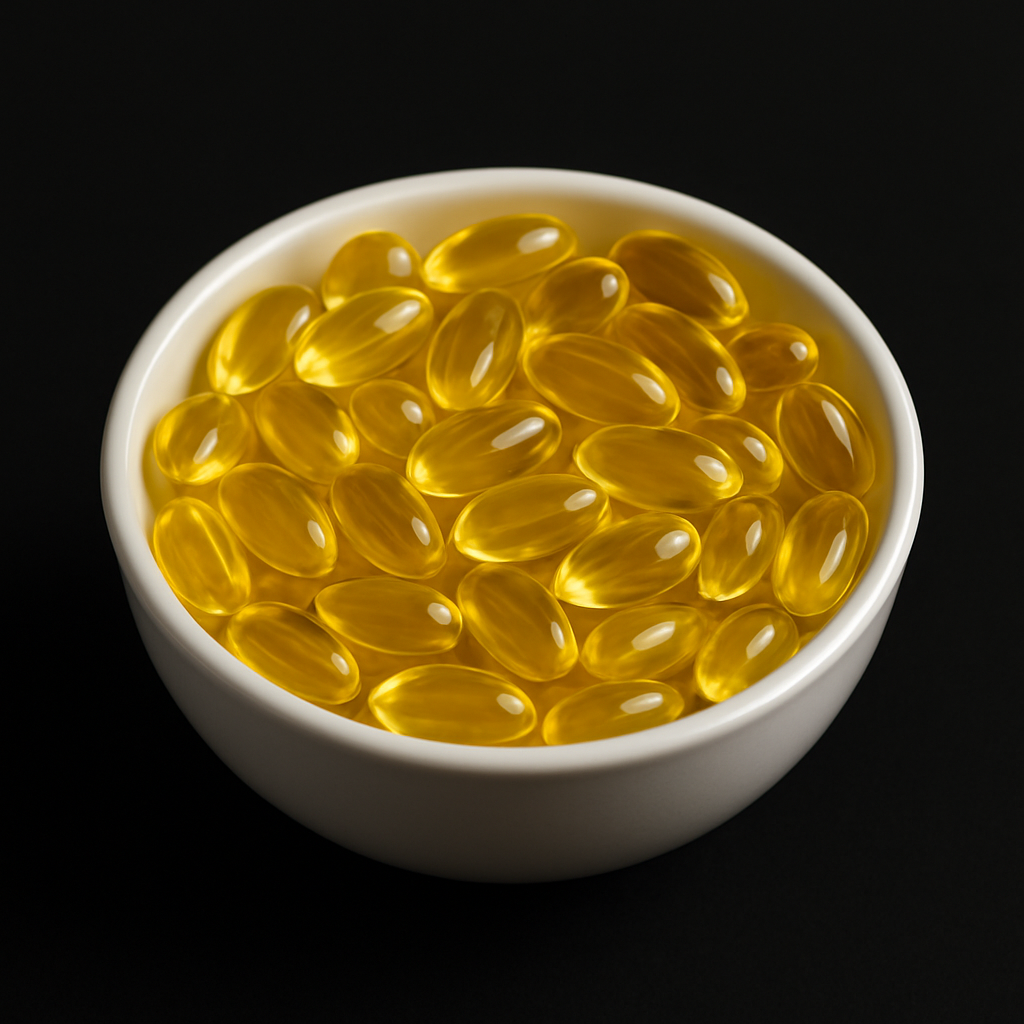
- Safety: Known anti-inflammatory properties34,35,36,37,38,39; A safe antioxidant that supports skin health at cosmetic concentrations.
- Common Use: Added to skincare products for its nourishing properties and to extend shelf life.
- Why We Chose It: Meta-analyses show significant effect on inflammatory biomarkers; antioxidant activity reduces oxidative stress-induced inflammation.
- MSDS: Vitamin E MSDS - MakingCosmetics
Essential Oils: Lavender, Eucalyptus, Peppermint
- Safety: All known anti-inflammatory natural substances; GritNGlide includes lavender, eucalyptus, and peppermint essential oils at a combined concentration of less than 0.04%, well below typical dilution guidelines (1-2%). This low level ensures safety with minimal risk of irritation.
- Lavender Oil: Known anti-inflammatory40,41,42,43,44,45,46; Calming and soothing, safe at low concentrations.
- Eucalyptus Oil: Known anti-inflammatory47,48,49,50,51,52; Cooling and refreshing, safe at trace amounts.
- Peppermint Oil: Known anti-inflammatory53,54,55,56,57; Provides a mild tingle, safe at <0.04%.
- Common Use: Used in cosmetics for their aromatic and therapeutic effects.
- Why We Chose Them: All three oils demonstrate significant anti-inflammatory effects through inhibition of inflammatory pathways (MAPK, NF-κB) and reduction of pro-inflammatory cytokines.
- MSDS:
Safety Assurance
- Patch Testing: We recommend a patch test on a small skin area before full use to confirm compatibility with your skin.
- Storage: Keep GritNGlide in a cool, dry place to preserve its quality.
- Compliance: All ingredients meet safety standards for cosmetic use.
- Important Note: Our products are topical formulations and are not intended to diagnose, treat, cure, or prevent any disease.
Complete Ingredient Safety Table
| Ingredient | Safety Profile | Common Cosmetic Use | MSDS/SDS Link |
|---|---|---|---|
| Shea Butter (Butyrospermum parkii) | Non-irritating, hydrates and soothes skin, safe for all skin types. | Moisturizing creams, balms. | Link |
| Cocoa Butter (Theobroma cocoa) | Non-sensitizing, nourishes and protects skin, safe for topical use. | Lotions, lip balms for conditioning. | Link |
| Coconut Oil (Cocos nucifera) | Hydrating, mild antimicrobial, safe; may be comedogenic for some. | Skincare for moisture locking, softening. | Link |
| Beeswax | Forms protective barrier, non-irritating, safe for topical use. | Balms, salves for thickening and protection. | Link |
| Jojoba Oil (Simmondsia chinensis) | Non-comedogenic, mimics sebum, safe for all skin types. | Skincare for balancing oil, hydration. | Link |
| Olive Oil (Olea europaea) | Hydrating, antioxidant-rich, safe for healthy skin. | Cosmetics for emollient, nourishing effects. | Link |
| Vitamin E (Tocopherol) | Antioxidant, supports skin health, safe at cosmetic concentrations. | Skincare for nourishment, shelf-life extension. | Link |
| Lavender Oil (Lavandula angustifolia) | Calming, soothing, safe at <0.04% concentration, minimal irritation risk. | Aromatherapy, cosmetics for fragrance. | Link |
| Eucalyptus Oil (Eucalyptus globulus) | Cooling, refreshing, safe at <0.04%, minimal irritation risk. | Cosmetics for aromatic, refreshing effects. | Link |
| Peppermint Oil (Mentha piperita) | Provides mild tingle, safe at <0.04%, minimal irritation risk. | Cosmetics for cooling, aromatic effects. | Link |
Scientific References
Note: These references are provided to show the research we reviewed when selecting our ingredients. They do not constitute claims about our products.
- Honfo, F. G., et al. "Anti-inflammatory effects of shea butter through inhibition of iNOS, COX-2, and cytokines via the Nf-κB pathway in LPS-activated J774 macrophage cells." Journal of Complementary and Integrative Medicine, 2012.
- Honfo, F. G., et al. "Anti-Inflammatory Effects of Shea Butter through Inhibition of Inos, Cox-2, and Cytokines via the Nf-Kb Pathway in Lps-Activated J774 Macrophage Cells." Research Gate, 2012.
- Ellinger, S., et al. "Impact of Cocoa Consumption on Inflammation Processes—A Critical Review of Randomized Controlled Trials." Nutrients, 2016.
- Nascimento, K. F., et al. "Biological Properties and Antimicrobial Potential of Cocoa and Its Effects on Systemic and Oral Health." Antioxidants, 2023.
- De Luca, L., et al. "Anti-Inflammatory and Anti-Nociceptive Effects of Cocoa: A Review on Future Perspectives in Treatment of Pain." Pain Research and Management, 2020.
- Selmi, C., et al. "The anti-inflammatory properties of cocoa flavanols." Journal of Cardiovascular Pharmacology, 2006.
- Varma, S. R., et al. "In vitro anti-inflammatory and skin protective properties of Virgin coconut oil." Journal of Traditional and Complementary Medicine, 2018.
- Kim, S. E., et al. "Coconut Oil Alleviates the Oxidative Stress-Mediated Inflammatory Response via Regulating the MAPK Pathway in Particulate Matter-Stimulated Alveolar Macrophages." Molecules, 2022.
- Mote, C., et al. "Effects of coconut oil on glycemia, inflammation, and urogenital microbial parameters in female Ossabaw mini-pigs." PLOS ONE, 2017.
- Intahphuak S., et al. "Anti-inflammatory, analgesic, and antipyretic activities of virgin coconut oil." Pharmaceutical Biology, 2010.
- Intahphuak S., et al. "Anti-inflammatory, analgesic, and antipyretic activities of virgin coconut oil." Pharmaceutical Biology, 2010.
- Moura-Assis, A., et al. "Virgin coconut oil is effective to treat metabolic and inflammatory dysfunction induced by high refined carbohydrate-containing diet in mice." Journal of Nutritional Biochemistry, 2018.
- Varma, S. R., et al. "In vitro anti-inflammatory and skin protective properties of Virgin coconut oil." Journal of Traditional and Complementary Medicine, 2018.
- Boateng, L., et al. "Coconut oil: what do we really know about it so far?" Food Quality and Safety, 2019.
- Al-Waili, N., et al. "Beeswax: A minireview of its antimicrobial activity and its application in medicine." Asian Pacific Journal of Tropical Medicine, 2017.
- Al-Waili, N., et al. "Beeswax: A minireview of its antimicrobial activity and its application in medicine." Asian Pacific Journal of Tropical Medicine, 2017.
- Fratini, F., et al. "A review of the use of beeswax in skincare." Journal of Cosmetic Dermatology, 2022.
- Raposo, S., et al. "In vitro antibacterial activity and volatile characterisation of organic Apis mellifera ligustica (Spinola, 1906) beeswax ethanol extracts." Industrial Crops and Products, 2018.
- Fratini, F., et al. "Beeswax." Encyclopedia, 2022.
- Cornara, L., et al. "Therapeutic Properties of Bioactive Compounds from Different Honeybee Products." Frontiers in Pharmacology, 2017.
- Carbajal, D., et al. "Anti-inflammatory activity of D-002: an active product isolated from beeswax." Prostaglandins, Leukotrienes and Essential Fatty Acids, 1998.
- Cornara, L., et al. "Pharmaceutical Prospects of Bee Products: Special Focus on Anticancer, Antibacterial, Antiviral, and Antiparasitic Properties." Antibiotics, 2021.
- Melzig, MF., et al. "Topical application of jojoba (Simmondsia chinensis L.) wax enhances the synthesis of pro-collagen III and hyaluronic acid and reduces inflammation in the ex-vivo human skin organ culture model." Frontiers in Pharmacology, 2024.
- Lin, TK., et al. "Anti-Inflammatory and Skin Barrier Repair Effects of Topical Application of Some Plant Oils." International Journal of Molecular Sciences, 2018.
- Beltrán-Orozco, MC., et al. "Jojoba Oil: An Updated Comprehensive Review on Chemistry, Pharmaceutical Uses, and Toxicity." Biomedicines, 2021.
- Habashy, RR., et al. "Anti-inflammatory effects of jojoba liquid wax in experimental models." Pharmacological Research, 2005.
- Schwingshackl, L., et al. "Is olive oil good for you? A systematic review and meta-analysis on anti-inflammatory benefits from regular dietary intake." Nutrition, 2019.
- Lucas, L., et al. "Molecular mechanisms of inflammation. Anti-inflammatory benefits of virgin olive oil and the phenolic compound oleocanthal." Current Pharmaceutical Design, 2011.
- Acín, S., et al. "Olive Polyphenols: Antioxidant and Anti-Inflammatory Properties." Molecules, 2021.
- Yuan, J., et al. "Rich oleocanthal and oleacein extra virgin olive oil and inflammatory and antioxidant status in people with obesity and prediabetes." Clinical Nutrition, 2023.
- Khanal, P., et al. "Analgesic, Anti-Inflammatory and Anticancer Activities of Extra Virgin Olive Oil." Journal of Clinical Medicine, 2014.
- Martín-Peláez, S., et al. "Extra Virgin Olive Oil Polyphenol-Enriched Extracts Exert Antioxidant and Anti-Inflammatory Effects on Peripheral Blood Mononuclear Cells from Rheumatoid Arthritis Patients." Antioxidants, 2025.
- Santangelo, C., et al. "Anti-inflammatory Activity of Extra Virgin Olive Oil Polyphenols: Which Role in the Prevention and Treatment of Immune-Mediated Inflammatory Diseases?" Endocrine, Metabolic & Immune Disorders Drug Targets, 2018.
- Saboori, S., et al. "The effect of vitamin E supplementation on selected inflammatory biomarkers in adults: a systematic review and meta-analysis of randomized clinical trials." Scientific Reports, 2020.
- Singh, U., et al. "Vitamin E, oxidative stress, and inflammation." Annual Review of Nutrition, 2005.
- Wallert, M., et al. "Inflammatory Diseases and Vitamin E—What Do We Know and Where Do We Go?" Molecular Nutrition & Food Research, 2020.
- Ahmad, NS., et al. "The Anti-Inflammatory Role of Vitamin E in Prevention of Osteoporosis." Advances in Pharmacological Sciences, 2012.
- Chin, KY., et al. "The Role of Vitamin E in Preventing and Treating Osteoarthritis – A Review of the Current Evidence." Frontiers in Pharmacology, 2018.
- Jiang, Q., et al. "Natural forms of vitamin E: metabolism, antioxidant, and anti-inflammatory activities and their role in disease prevention and therapy." Free Radical Biology and Medicine, 2014.
- Silva, GL., et al. "Effect of Lavender (Lavandula angustifolia) Essential Oil on Acute Inflammatory Response." Evidence-Based Complementary and Alternative Medicine, 2015.
- Aćimović, M., et al. "Anti-inflammatory effect of lavender (Lavandula angustifolia Mill.) essential oil prepared during different plant phenophases on THP-1 macrophages." BMC Complementary Medicine and Therapies, 2021.
- Farhat, MB., et al. "Anti-inflammatory and antioxidant efficacy of lavender oil in experimentally induced thrombosis." Thrombosis Journal, 2023.
- Cardia, GF., et al. "Antioxidant, analgesic and anti-inflammatory effects of lavender essential oil." Anais da Academia Brasileira de Ciências, 2018.
- Cardia, GF., et al. "Antioxidant, analgesic and anti-inflammatory effects of lavender essential oil." Anais da Academia Brasileira de Ciências, 2018.
- Pulia, A., et al. "The Effects of Lavender Essential Oil and its Clinical Implications in Dentistry: A Review." Journal of Contemporary Dental Practice, 2022.
- Bianchi-Fernández, M., et al. "Medicinal Anti-Inflammatory Patch Loaded with Lavender Essential Oil." International Journal of Molecular Sciences, 2024.
- De Oliveira, S., et al. "Anti-Inflammatory and Antimicrobial Effects of Eucalyptus spp. Essential Oils: A Potential Valuable Use for an Industry Byproduct." Plants, 2023.
- Silva, J., et al. "Analgesic and anti-inflammatory effects of essential oils of Eucalyptus." Journal of Ethnopharmacology, 2003.
- Yin, Q., et al. "Eucalyptus essential oils inhibit the lipopolysaccharide-induced inflammatory response in RAW264.7 macrophages through reducing MAPK and NF-κB pathways." BMC Complementary Medicine and Therapies, 2020.
- Silva, J., et al. "Analgesic and anti-inflammatory effects of essential oils of Eucalyptus." Journal of Ethnopharmacology, 2003.
- Kumar, R., et al. "Analgesic and Anti-Inflammatory Potential of Essential Oil of Eucalyptus camaldulensis Leaf: In Vivo and in Silico Studies." Natural Product Communications, 2021.
- Jun, YS., et al. "Effect of Eucalyptus Oil Inhalation on Pain and Inflammatory Responses after Total Knee Replacement: A Randomized Clinical Trial." Evidence-Based Complementary and Alternative Medicine, 2013.
- Di Cerbo, A., et al. "Mint Oils: In Vitro Ability to Perform Anti-Inflammatory, Antioxidant, and Antimicrobial Activities and to Enhance Intestinal Barrier Integrity." Nutrients, 2021.
- Liu, C., et al. "Peppermint essential oil: its phytochemistry, biological activity, pharmacological effect and application." Biomedicine & Pharmacotherapy, 2022.
- Sun, Z., et al. "Chemical Composition and Anti-Inflammatory, Cytotoxic and Antioxidant Activities of Essential Oil from Leaves of Mentha piperita Grown in China." PLoS ONE, 2014.
- Chumpitazi, BP., et al. "Review article: The physiologic effects and safety of Peppermint Oil and its efficacy in irritable bowel syndrome and other functional disorders." Alimentary Pharmacology & Therapeutics, 2018.
- Mogosan, C., et al. "Peppermint (Mentha piperita L.) essential oil as a potent anti-inflammatory, wound healing and anti-nociceptive drug." Saudi Pharmaceutical Journal, 2015.


